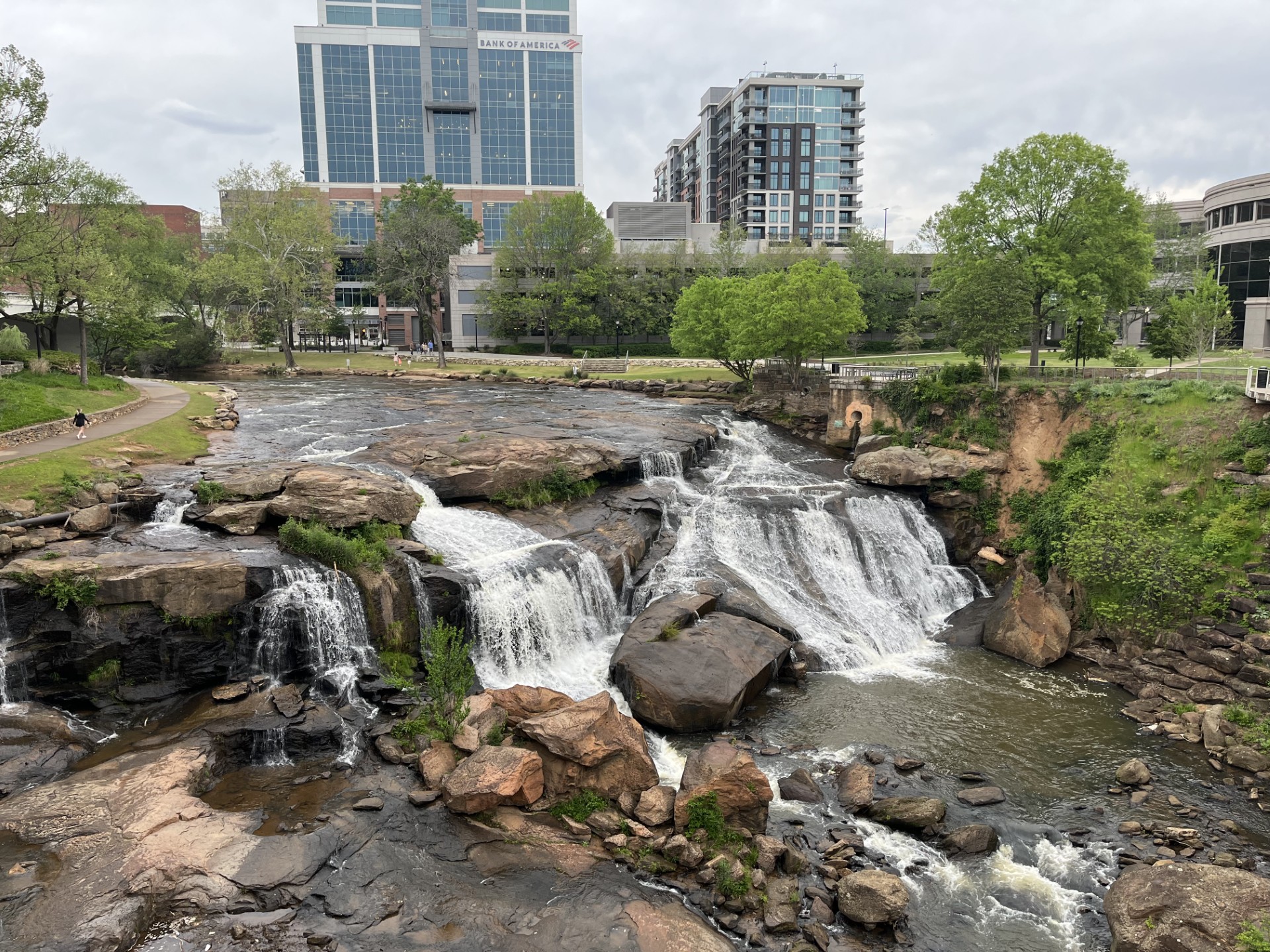Nearby Events
The Fall of Savannah
February 18 @ 7:00 pm
SC250 Trivia Night!
February 27 @ 6:00 pm
SC250 Trivia Night!
February 27 @ 6:00 pm
The Cherokee War of 1776
March 3 @ 5:30 pm
Lunchbox Learning: Greenville Symphony Composes…
March 18 @ 12:00 pm
The Fall of Savannah
April 7 @ 5:30 pm
The Fall of Charleston
April 15 @ 7:00 pm
The Fall of Charleston
May 5 @ 5:30 pm
The Bloody Summer of 1780
June 2 @ 5:30 pm
King’s Mountain
August 4 @ 5:30 pm
King’s Mountain
August 19 @ 7:00 pm
Cowpens
September 1 @ 5:30 pm
Cowpens to Ninety-Six
October 6 @ 5:30 pm
Cowpens
October 21 @ 7:00 pm
From Ninety-Six to Hayes Station
November 3 @ 5:30 pm
Nearby Historical Sites
No historical sites found for this county.
Upstate Loyalists
Richard Pearis: Loyalist Officer and First European Settler of Greenville
Richard Pearis was a colonial frontiersman and trader who straddled the cultural and political divides of Revolutionary South Carolina. Through trade licensed by the British government, Pearis developed deep connections with the Cherokee Nation, serving as an interpreter and eventually purchasing land from the Cherokee to become the first European settler in what is now the heart of Greenville. As he established himself in South Carolina, Pearis quickly emerged as a key figure in the events leading up to the Revolutionary War. In October 1775, he influenced the capture of gunpowder that the Committee of Safety sent to the Cherokee Nation and contributed to the rumor that the gunpowder was intended to attack British Loyalists. The following month, he was involved in the first siege of Ninety Six and was arrested during the 1775 Snow Campaign. Pearis was jailed in Charleston for nine months. During that time, the Cherokee-American wars began. While he was imprisoned, Cherokee warriors and Loyalists used his property in the upcountry as a meeting point, further souring Pearis’s reputation with the Patriots. The Patriot forces viewed these meetings as enough cause to burn his home, store and mill and force his family to flee. By the time he agreed to swear allegiance to the Patriots, Pearis was under so much suspicion that Colonel Andrew Williamson rejected his pledge outright. After his imprisonment, Pearis walked from Charleston into the Cherokee Nation and eventually to Pensacola, Florida behind British lines where he joined the South Carolina Royalists, a unit of Loyalists being formed there. He assisted with British-Indian diplomacy in Pensacola and St. Augustine, using his connections from decades working in the Indian trade with the Cherokee and Muskogee Creek. In 1780, Pearis returned to South Carolina with the British army and began rallying support for the Loyalist cause. He reunited with his family in Augusta, GA, where his son was serving in the King’s Carolina Rangers under Thomas Brown. Father and son fought together for the British until the Patriots captured Augusta in June 1781. Fleeing Augusta, Pearis and his family temporarily resettled in St. Augustine until, upon news that Florida would return to the Spanish, they evacuated to the Bahamas. There, Pearis lived out the rest of his life as a planter. The newly formed state of South Carolina confiscated his land in the upcountry — now part of Falls Park on the Reedy — but Pearis is remembered as the namesake of Paris Mountain and Paris Mountain State Park.
County Committee Contact Info
Contact Organization: Upcountry History Museum
Contact Phone Number: 864-467-3100 X 113
Contact Email: dana@upcountryhistory.org, lluneckas@tcmupstate.org, brandy@travelersrestsc.com
